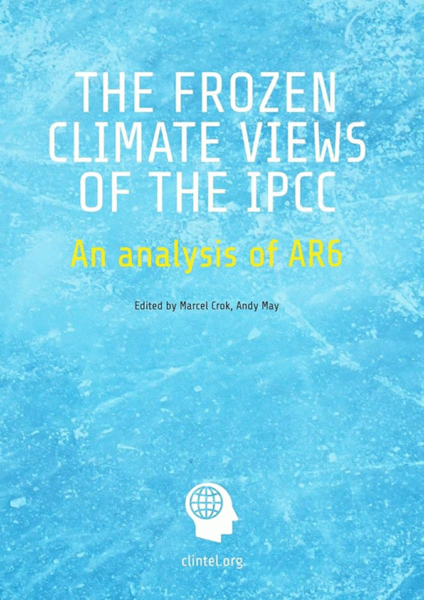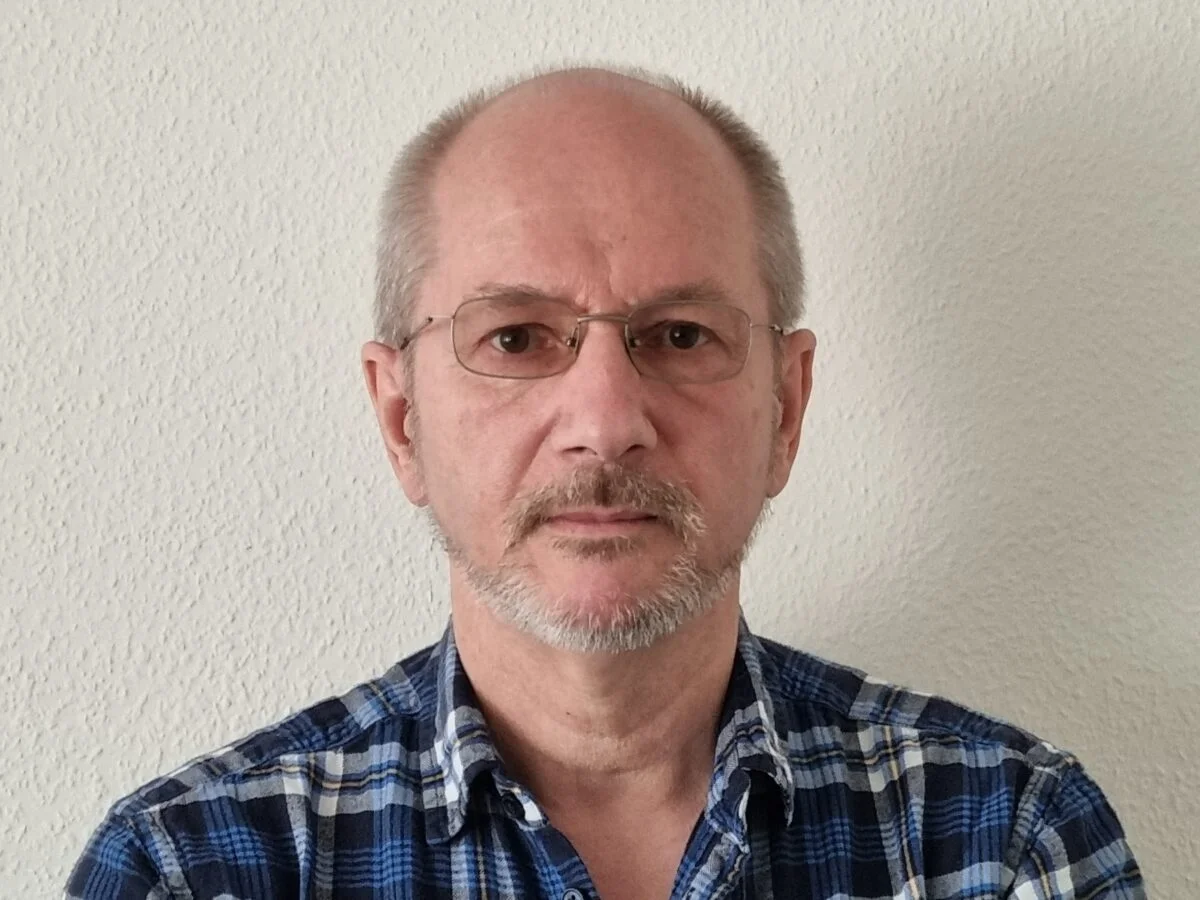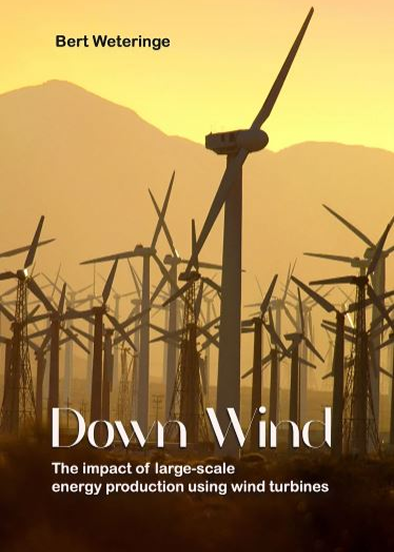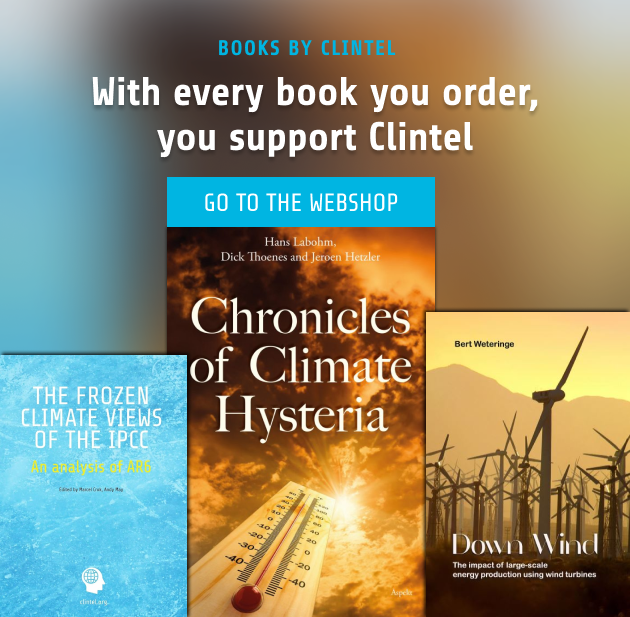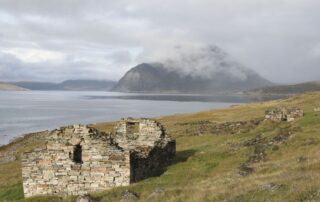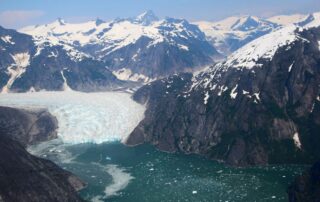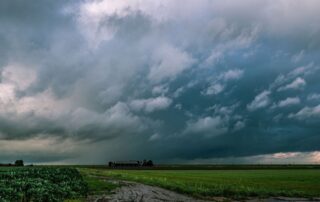Interview with Eric Vieira
Interview with Eric Vieira who made a voice over in French for Climate: The Movie.
Can you tell us about yourself, who is Eric Vieira?
My name is Eric Vieira, I’m a retired PhD chemist. I was born in Canada and passed most of my childhood in Detroit Michigan before moving to Switzerland in 1973. I studied chemistry at the University of Lausanne where I also obtained my PhD as well as an additional Certificate of Advanced Studies in Physics (Cristallography). I worked as research chemist for 4 years at former Ciba-Geigy (Marly) and 27 years as research chemist (Principal Scientist) at F. Hoffmann-La Roche AG in Basel, Switzerland.
Since when and why are you interested in climate change?
From the very beginning I was convinced, that the man-made climate change hypothesis was wrong and have read quite a lot on the subject. Having a background in chemistry means having a lot to do with infrared (IR) spectroscopy, and Happer and Wijngaarden’s publications were for me extremely convincing that even a doubling of CO2 will have no influence on climate change. As a scientist I have been appalled from the start witnessing the pervasive dogmatic influence of the UN’s IPCC and politicians to basically cancel out any scientist who dares to speak out against their tailor made narratives of human induced climate change, which have no real experimental scientific basis at all. The huge difference between the UN’s biased scientific reports and their “report for policy makers” is a clear clue that the whole issue is political and has nothing to do with reality or science. I also signed the Clintel World Climate Declaration in 2022.
How did you find out about the publication of Climate: The Movie?I have been engaged for several years already, transcribing relevant videos in English and translating them in French and German since scientific arguments alone cannot change things. One needs to inform the public as much as possible with arguments that are comprehensive for people without a science background, and if possible in their own spoken languages.
I also transcribed and translated Martin Durkin’s first climate film “The Great Global Warming Swindle” to French and German. As soon as I heard from Clintel that “Climate: the Movie” was coming out I directly reached out to Clintel and offered help with respect to translations and subtitles in other languages, and have been collaborating with Clintel for translations since then.
How did you get the idea to make a voice over in French?
The idea came to me as soon as a voice over in German came out. But the idea of speaking into a microphone and synchronizing everything seemed to be a bit complicated. Nowadays, there’s not only speech to text, but there’s also text to speech possibilities with AI trained voices. I took it up as a challenge, and since French is an important world language, it could have an impact.
How did you make the voice over for the movie?
Subtitle Edit, a free subtitle editing and translating software with speech to text functionality recently introduced a text to speech option with Piper TTS AI trained voices. I tried this out at first, but the palette of French voices was very limited. Simply varying the pitch of the voice wasn’t sufficient to be recognized as a different voice. Since the film has 23 different voices, I had to find a provider who had enough good quality French AI voices to offer and not too expensive, and I chose Eleven Labs. I also selected the AI voices to more or less match the speakers’ voices (20 male and 3 female, tone, speed, age). The film has around 300 different voice segments which were manually synchronized with the original sound track using Audacity, a free sound editor software.
Is climate change a big issue in your country and how do you notice this (in the media, policies or in daily life).
Switzerland, although an independent country, is currently dominated by green left-wing (or left-wing complacent) parties in parliament. The media itself is completely biased towards climate change narratives. This goes down even to the education system, where teaching of basic sciences such as chemistry or physics below the Gymnasium level is more or less left aside, and instead, climate change doctrine is propagated, which will unfortunately affect future generations, not only from the science perspective, but also where the basic thought processes of questioning and critical thinking are being undermined in favor of unconditional acceptance and submission to what “authority” says. The country also has a bad propensity of following what its big brother Germany does, which means the country is also investing heavily in wind and solar energy while letting nuclear and natural gas on the sidelines. This will have devastating consequences for Switzerland’s energy systems and its industrial future it this trend goes on.
What question did we forget?
Maybe the question: How do you see the future? It is becoming increasingly clear to everyone, that the “energy transitions” in Germany and UK are a complete disaster. Both countries have spent astronomical sums of money, resulting in high energy prices, debts, inflation, and impoverishment for the population as a whole; and without any significant improvement in emissions. In the US, at last, a government in power is shutting the climate energy policies down and I hope this will help the rest of the western countries to awaken and stop this nonsense, before it’s too late. Another question would be: What can we do about it? There is only one solution: inform the public as much as one can and in a way that’s understandable for them, if one wants to have an impact. Scientists must also leave their ivory tower and cocoon of scientific arguments and reformulate them to make them convincing for the general public. “Climate the Movie” which was translated with subtitles in many different languages is a good example of this and has had quite a lot of traction.
Check the version of Climate: The Movie with French voice over here.
more news
Climate change computer projections are manifestly false and dangerously misleading
The alleged threat to the planet from human caused climate change has been at the forefront of Australian politics over the recent half century. Every year, just before meetings of the UN Conference of the Parties (COP) to the Climate Change Convention, slight increases in atmospheric carbon dioxide and global temperature are portrayed in the media as harbingers of future doom. Every extreme weather event is made out to be an ill omen of what is to come unless fossil fuels are eliminated.
Glacier fluctuations don’t yet support recent anthropogenic warming
Holocene glacier records show that glaciers worldwide reached their greatest extent during the Little Ice Age and were generally smaller during earlier warm periods. While glacier length is a valuable long-term regional climate indicator, the evidence does not clearly support the idea of uniform, synchronous global warming.
Challenges to the CO2 Global Warming Hypothesis: (13) Global Warming Entirely from Declining Planetary Albedo
Is the recent warming the result of less reflection of sunlight by the Earth? Two researcher state that declining albedo — not CO₂ — dominates the temperature trend.
